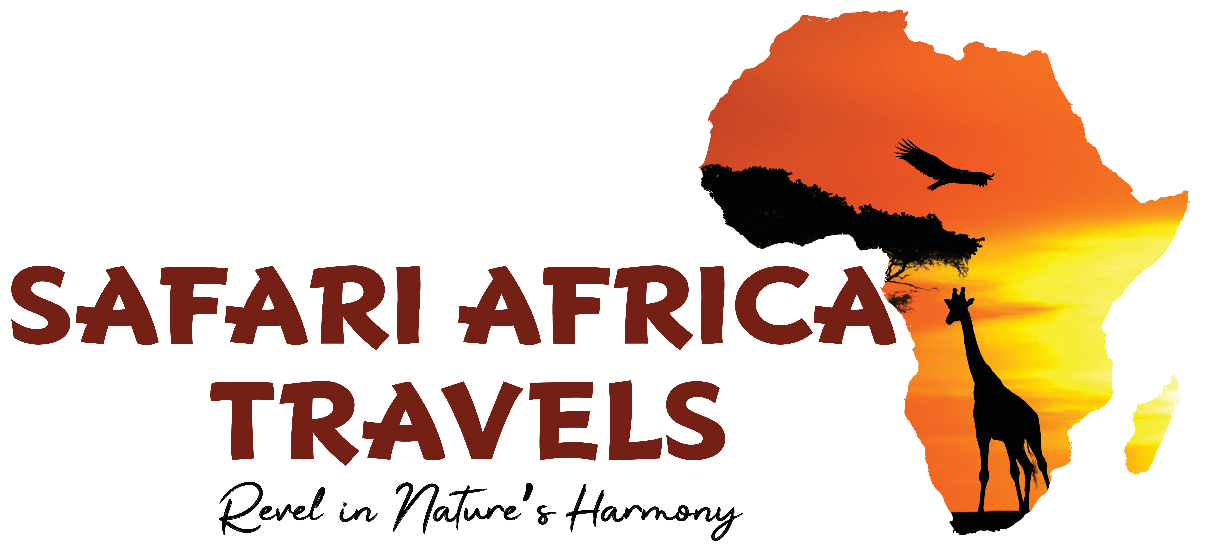Before You Go
Important Notice
All kinds of carrier/grocery plastic bags used for commercial and household packaging have been banned in Tanzania. Please ensure you do not bring them into Tanzania nor purchase them while in the country, as heavy fines are in place. Examples of banned household plastic bags include disposable, grocery, carrier, sealable, packaging, and any consumer plastic bags. Ziplock bags may be allowed if used to contain items such as toothpaste, lotions, etc.
For Your Safety
We highly recommend having comprehensive travel insurance in case of medical emergencies, emergency travel expenses, or unexpected trip cancellations.
To avoid medical issues like malaria, follow all necessary precautions. While our national parks are low-risk malaria zones, we advise consulting your doctor for further guidance on malaria protection.
If traveling to Tanzania from yellow fever-endemic countries/regions (or if you have a transit in an affected area for more than 12 hours and/or leave the airport), you will be required to present a yellow fever vaccination certificate upon arrival. This certificate must be obtained at least 10 days before travel.
Administrative Preparation
Check your visa requirements carefully before planning your trip. If obtaining a visa on arrival, please remember that only USD notes from 2009 or newer are accepted. Visa fees range from $50 to $100 per person.
It is mandatory to travel to Africa with at least two blank passport pages per country you plan to visit, and your passport must be valid for at least six months after your travel date.
Flights and road transfers are typically quoted on a shared/scheduled basis, so note that the travel route may vary on the day.
Scheduled charter flights may stop at airstrips/airports en route to collect or drop off guests or to refuel. Due to these stops, flight durations may vary.
Tanzanian National Park and concession fees are charged per person, per 24-hour period during your stay in the park.
Climate
Before packing, make sure to check the expected weather conditions during your visit.
- Rainy seasons: March, April, May, and November.
- Colder months: June, July, and August (expect coastal areas and islands to be hot and humid).
- Temperature range: 15ºC (59ºF) to 26ºC (78ºF), occasionally exceeding 30ºC (86ºF) in warmer months.
Electricity and Plug Standards
Tanzania uses a 220/240 volts supply at 50 Hz, and plugs are 3-point square (UK Type). Adapters can be found at major airports.
Food, Beverage, and Cuisine Advice
Most camps, lodges, and hotels cater specifically to tourists and serve Western-style food of varying quality but generally excellent. Game lodges usually offer a daily set menu, so inform your tour operator in advance if you have specific dietary requirements (e.g., vegetarian).
Tap water in Tanzania is not safe to drink. Stick to mineral water or bottled water, especially when traveling outside main towns.
Clothing and Dress Recommendations
Tanzania is warm year-round, so lightweight cotton or linen clothing is recommended. For safari, neutral colors like beige, khaki, or brown are best.
Evenings can be chilly, so bring long-sleeved shirts, trousers, and a sweater. This will also help protect you from insect bites. A hat and sunscreen are essential as the sun can be strong, even on overcast days.
On beaches and within hotels, swimwear is fine, but nudity is not allowed.
Modest clothing is essential in public places, especially since over a third of Tanzania’s population is Muslim. Women should avoid short dresses, miniskirts, and revealing tops. Cover your legs and shoulders in public areas to respect local customs.
Currency
Tanzania’s unit of currency is the Tanzanian Shilling (TZS), divided into 100 cents.
- Notes: 1000, 2000, 5000, and 10,000 Shillings.
- Coins: 50, 100, 200, 500 Shillings.
Banking
Banks are open from 9:00 AM to 3:00 PM, Monday to Friday. ATMs are available 24 hours.
Credit cards and travelers checks are not widely accepted. Where they are, expect high service fees and poor exchange rates. Major foreign currencies like USD, EUR, and GBP are accepted in most tourist areas. Be sure to bring US dollars in good condition, as notes printed before 2006 may not be accepted.
